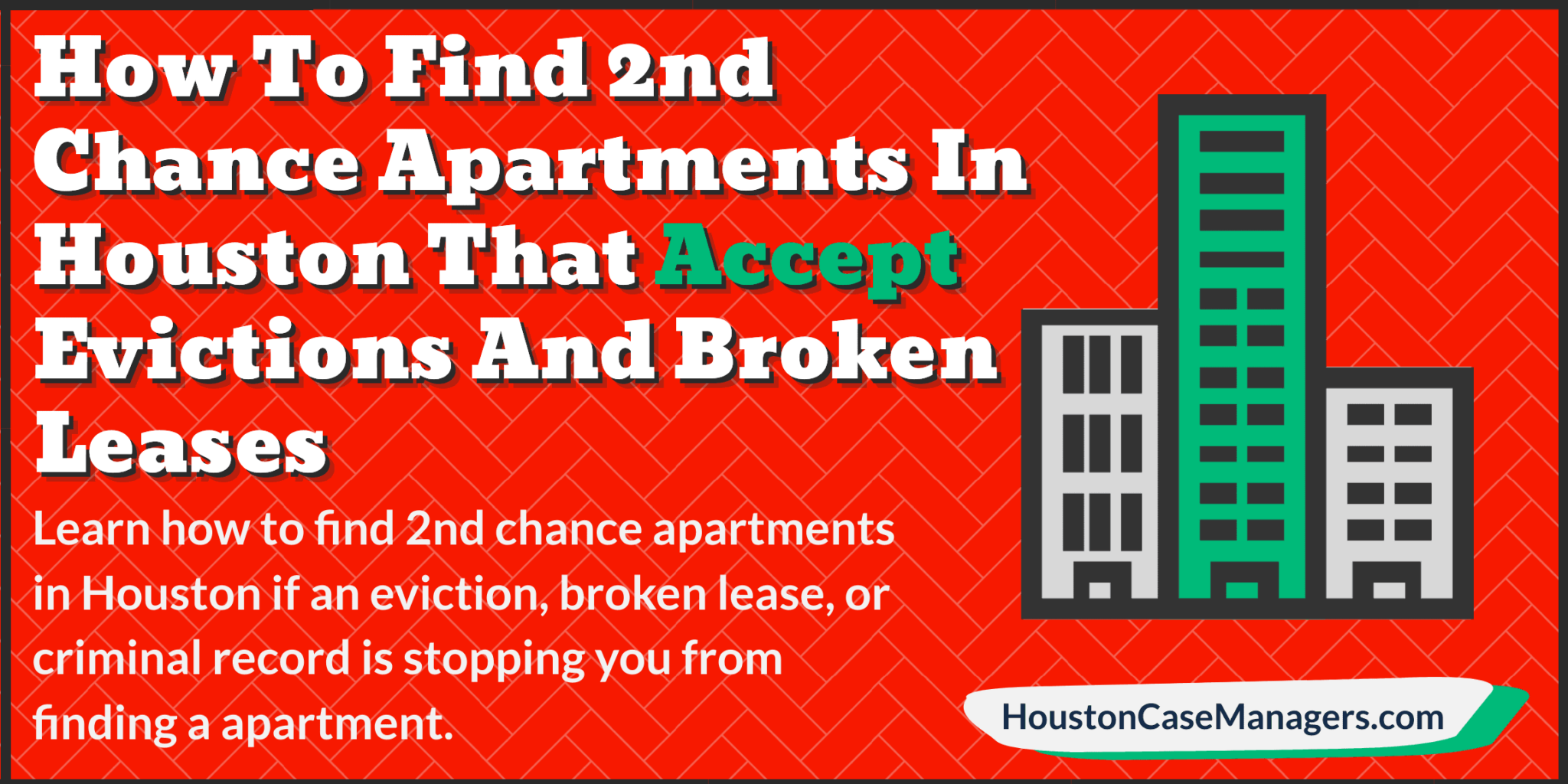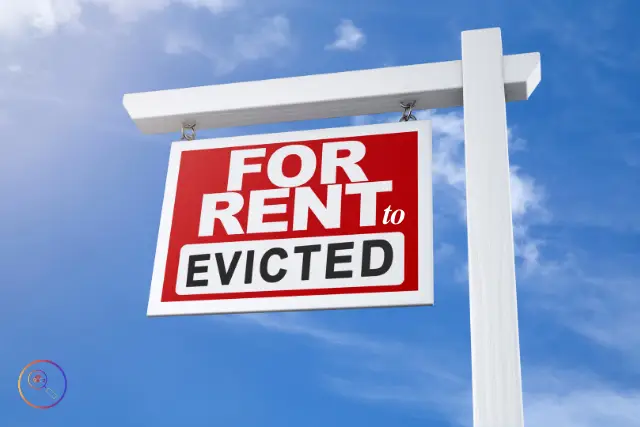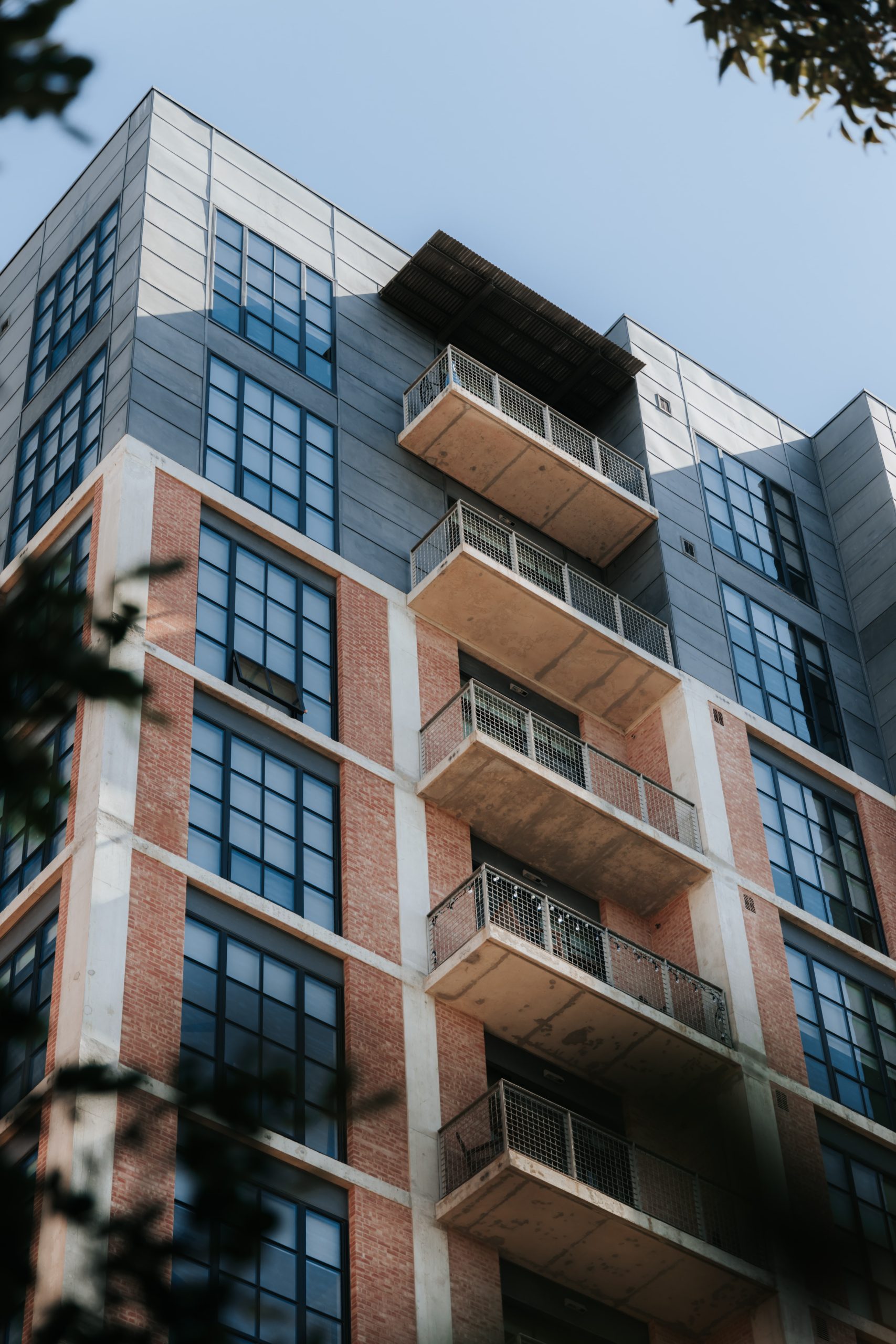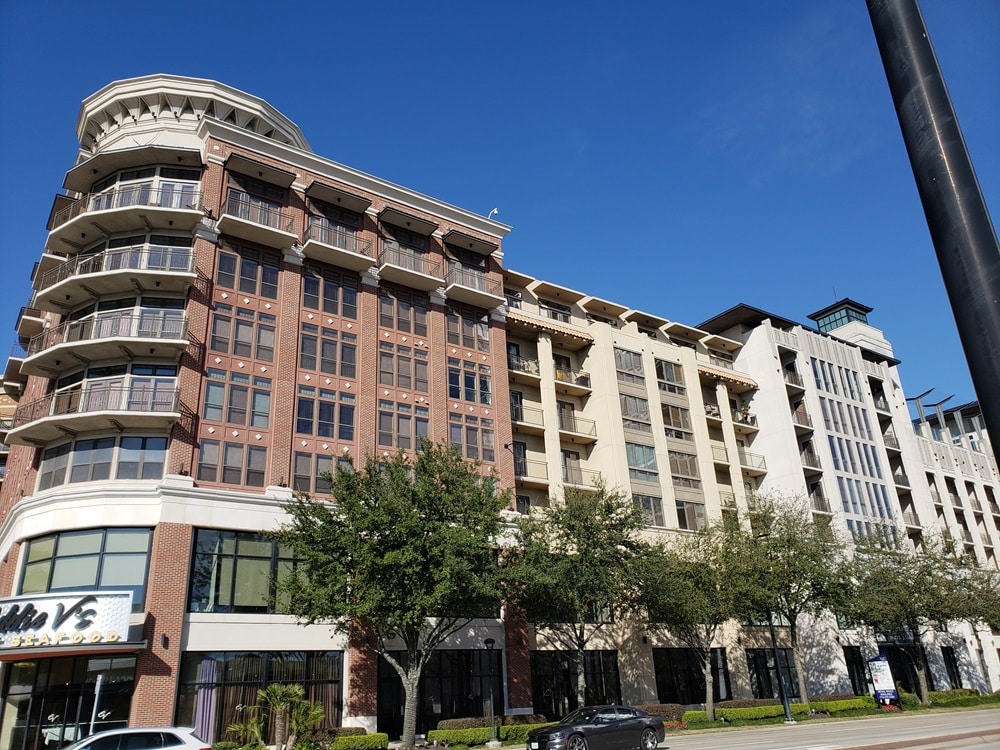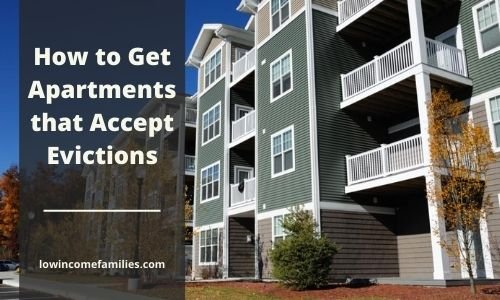Apartments That Take Broken Leases And Evictions

Finding housing with a blemish on your rental record can feel like an insurmountable obstacle. Many landlords automatically reject applicants with prior evictions or broken leases, leaving individuals and families struggling to secure stable housing. However, a growing segment of the rental market is catering to these often-overlooked renters, offering a second chance to individuals working to rebuild their rental history.
This article examines the rise of apartments that accept broken leases and evictions, exploring the reasons behind this trend, the types of properties involved, and the potential benefits and drawbacks for both renters and landlords. Understanding this niche market is crucial for those seeking housing after facing rental difficulties, and for property owners considering expanding their tenant pool. Understanding this segment can lead to more inclusive housing practices.
The Need for Second Chance Housing
The demand for second chance housing stems from a number of factors. Economic hardship, job loss, unexpected medical expenses, and domestic disputes can all lead to eviction or lease termination. These events can create a long-term barrier to securing new housing, regardless of an individual's current financial stability or willingness to fulfill rental obligations.
According to data from the Eviction Lab at Princeton University, eviction rates vary significantly across the country, but affect a substantial portion of the population. This creates a sizable market of individuals who are actively seeking landlords willing to look beyond past rental transgressions. Addressing this need can alleviate housing insecurity for vulnerable populations.
How it Works: Finding and Securing These Apartments
Apartments catering to renters with less-than-perfect histories operate in a variety of ways. Some are large, corporate-owned complexes that have specific programs or policies in place. Others are smaller, independently owned properties with more flexible screening criteria.
Often, these apartments require a higher security deposit or first and last month's rent upfront. Some may also require a co-signer or guarantor. Background checks are still typically conducted, but landlords may be more willing to consider the circumstances surrounding the eviction or broken lease, focusing on the applicant's current situation and ability to pay rent.
Resources such as online databases and rental assistance programs can help renters identify these apartments. Rental agencies specializing in second chance housing are another valuable tool. Some examples of terms searched online include 'broken lease apartments near me,' or 'apartments that accept evictions', this often leads to results for complexes that may be willing to work with tenants with prior rental issues.
Potential Benefits and Drawbacks
For renters, the most obvious benefit is the opportunity to secure stable housing. This allows them to rebuild their credit and establish a positive rental history. It can also provide a foundation for improved financial stability and overall well-being.
For landlords, accepting renters with past evictions or broken leases can expand their tenant pool and reduce vacancy rates. However, it also comes with increased risk. Careful tenant screening, clear lease agreements, and consistent communication are essential for mitigating potential issues.
Some property managers mitigate risks by thoroughly investigating past rental issues. Asking questions like,
"What were the circumstances surrounding the eviction or broken lease?"and,
"What steps have you taken to improve your situation?"can lead to better tenant landlord relationships and successful leasing experiences.
The Bigger Picture: Addressing Housing Insecurity
The emergence of apartments that accept broken leases and evictions reflects a growing awareness of the challenges faced by individuals with blemished rental records. It also highlights the need for more comprehensive solutions to address housing insecurity. These solutions must focus on preventing evictions in the first place through rental assistance programs and legal aid services.
The availability of second chance housing is a step in the right direction. It offers a lifeline to those who have faced unforeseen circumstances and are striving to rebuild their lives. Supporting this type of housing can contribute to a more just and equitable housing system for all. By addressing these issues proactively, communities can foster greater stability and opportunity for their residents.

